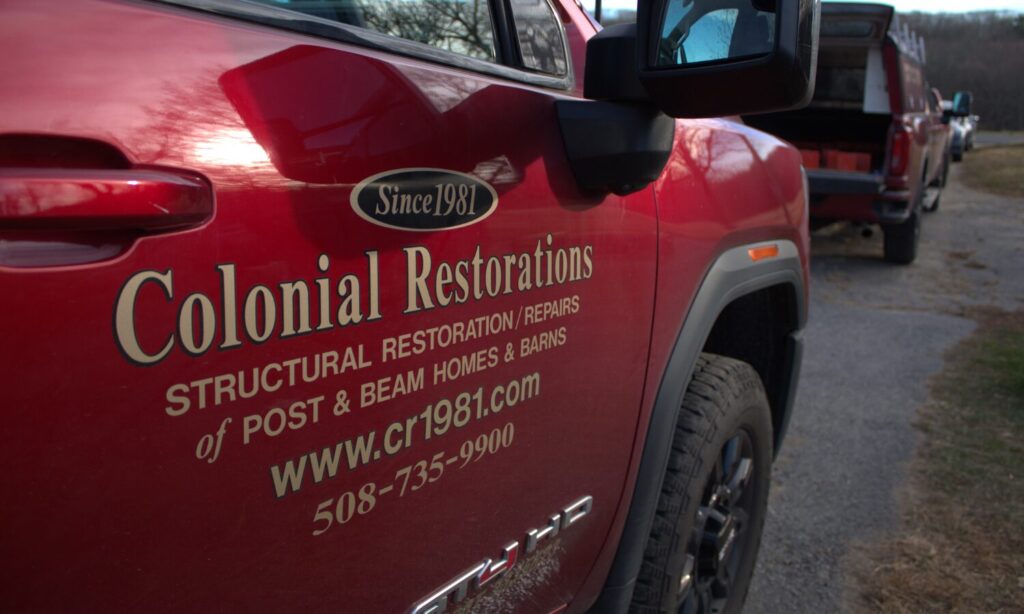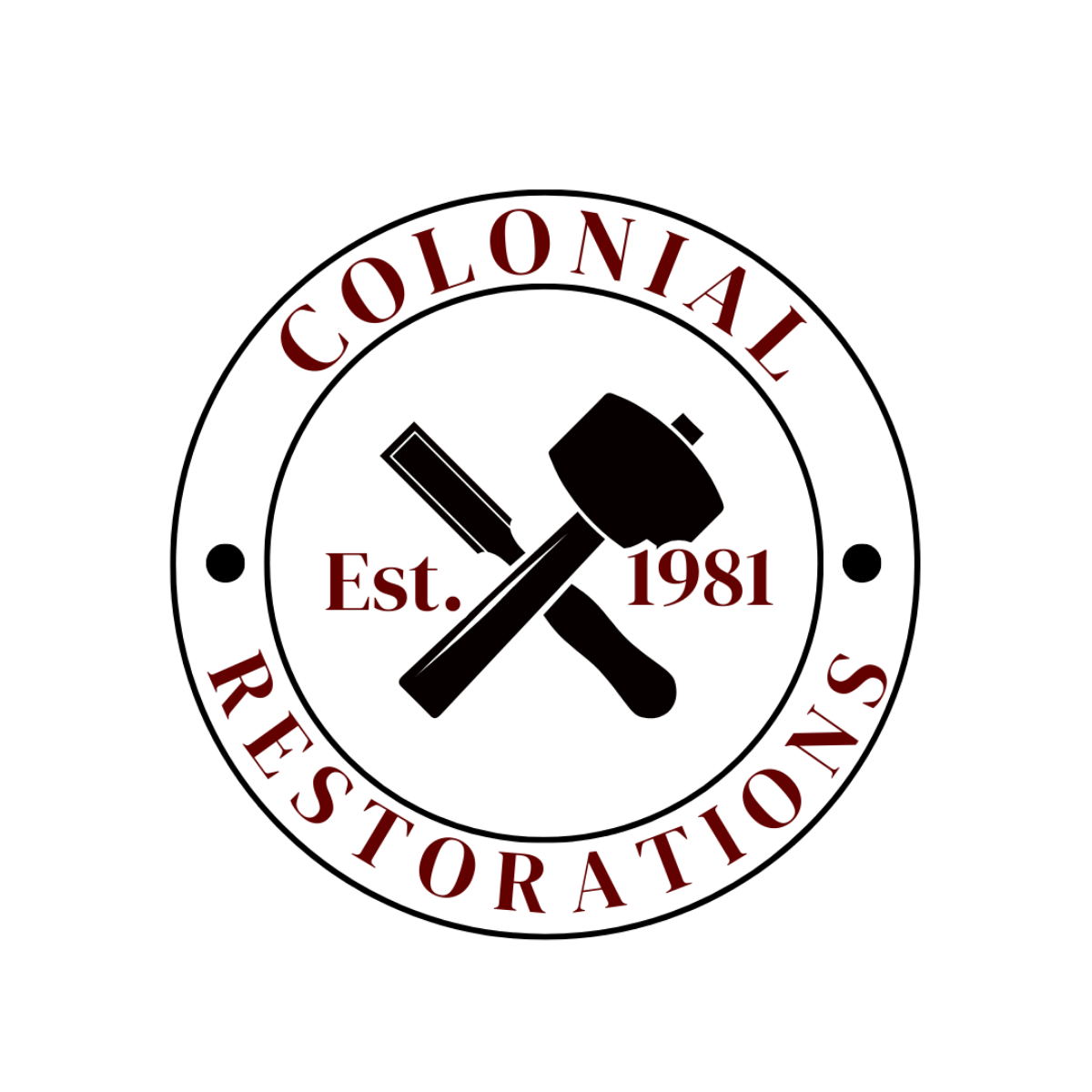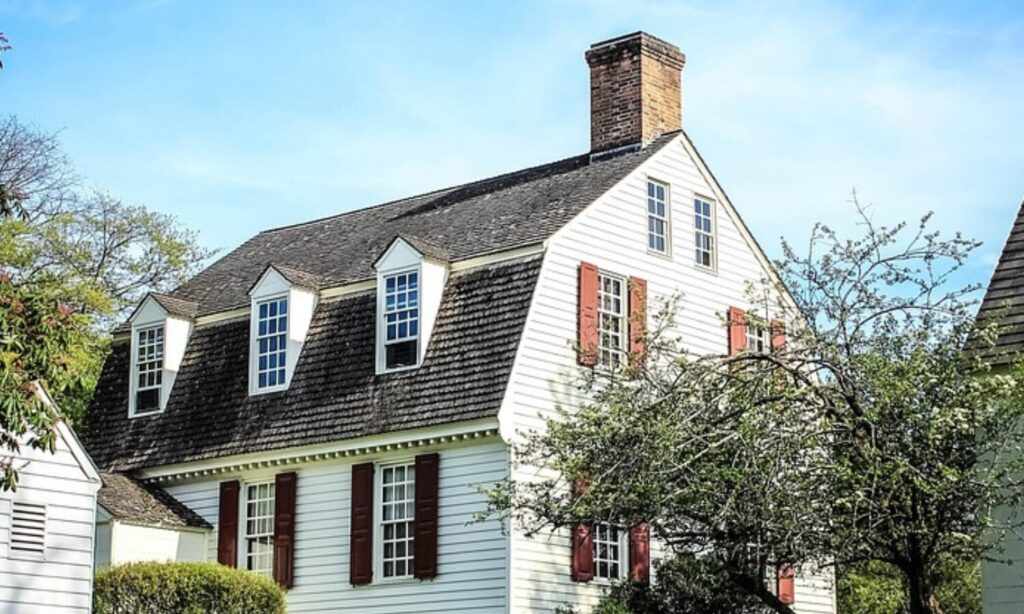
If you currently own—or are thinking about investing in—an old colonial or historic home, a comprehensive structural inspection could be one of the wisest decisions you make. These homes were built to stand the test of time, but decades of wear and tear, coupled with the harsh conditions of New England winters, can take a hidden toll. Understanding the structural integrity of your home not only protects your investment—it could add decades to its lifespan.
What is Structural Integrity and Why Should You Care?
Structural integrity refers to a building’s ability to withstand its intended load without breaking down or experiencing structural failure. Colonial homes (especially in New England) can date back 200+ years. These structures weren’t built with modern materials or codes, and over time, gravity, weather, pests, and DIY repairs can all take a toll.
Neglecting to assess structural integrity can lead to costly surprises like:
- Foundation settling
- Sagging floors
- Uneven floors
- Bowing walls
- Failing roof systems
- Rotted beams
If you spot any of these symptoms, it’s a Sign You Need to Call for a Structural Inspection.
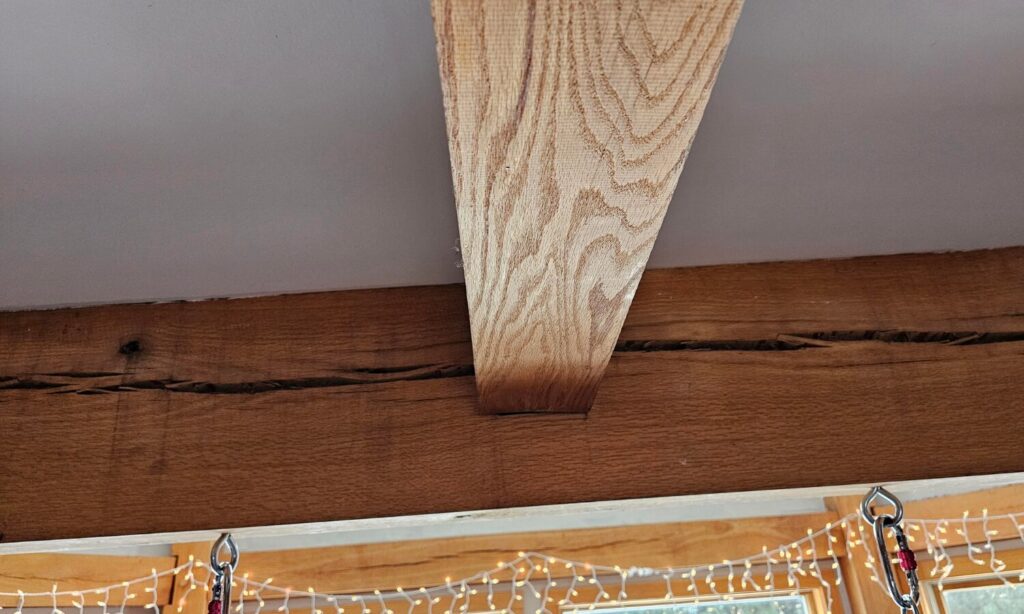
The Importance of Structural Inspections in Central Massachusetts
Central Massachusetts is home to a high concentration of colonial properties—many of which sit on stone foundations and include hand-hewn timber frames. But with the region’s freeze-thaw cycles, high humidity, and long winters, old homes are vulnerable in very specific ways. That’s why Colonial Restorations (est. 1981) set up shop in Central Massachusetts to help homeowners with the structural stability of their homes, buildings, and barns.
A professional and expert structural inspection looks at…
- Foundation type, integrity, and structural stability (many colonial homes used dry-laid stone or rubble foundations)
- Roof load distribution (some older homes weren’t built to hold heavy New England snow loads)
- Support beam condition (checking for rot, termite damage, and improper “sistering”)
- Floor joists and wall stability (often uneven or undersized by today’s standards)
Buying A Colonial Home in Central Massachusetts?
Don’t skip a structural inspection!
The hidden costs of skipping a structural inspection: let’s say you buy a historic home in Worcester County. It looks good to the untrained eye, but beneath the floorboards lies a cracked sill beam, half rotted by time and termites. That repair alone could run tens of thousands of dollars, depending on access and impact on the surrounding structure.
Now imagine:
- Repointing or rebuilding a crumbling stone foundation: + thousands of dollars
- Replacing undersized rafters to meet snow load standards: + thousands of dollars
- Reinforcing sagging or broken floor joists: + thousands of dollars more!
Suddenly, that budget-friendly fixer-upper puts financial strain on your plans. However, purchasing or maintaining an old historic home is well worth the investment. Here’s how you can save money on your purchase…
How Structural Inspections Save You Money
The possibility of structural damage should not be a reason to avoid purchasing an older home. If you book a structural inspection with Colonial Restoration, we will provide you with a detailed report you can use to save money on your closing costs.
- Negotiation Power – Catch issues before closing and negotiate the price down or require seller repairs.
- Preventative Planning – Prioritize repairs based on urgency, cost, and impact to avoid emergency work later.
- Insurance Benefits – Some insurers give better rates or won’t insure older homes at all without a structural inspection.
- Preservation Guidance – Structural inspectors often know how to work within historical constraints—saving both money and original features.
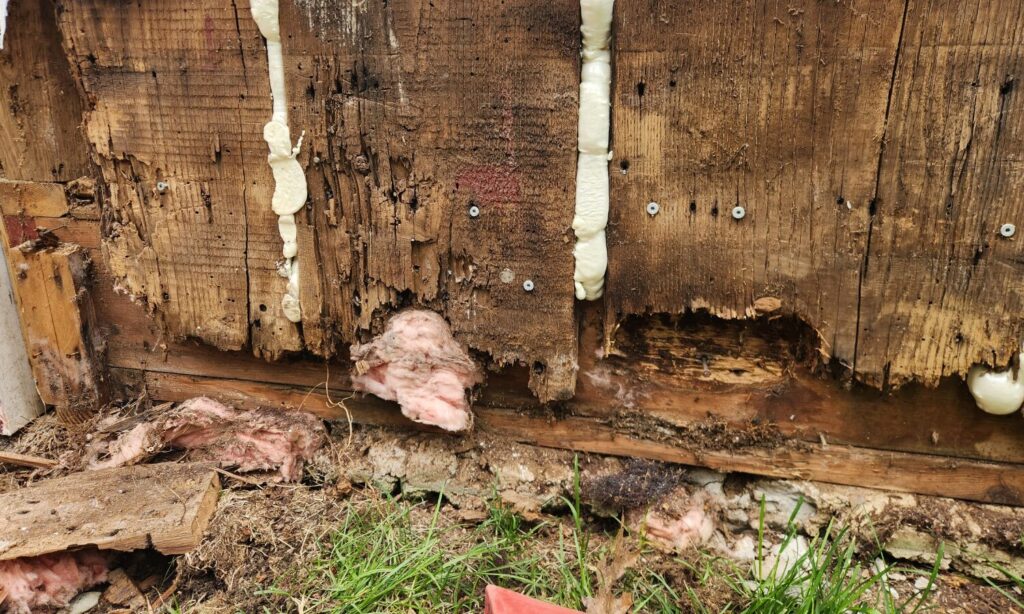
Choosing the Right Structural Inspector in Central Massachusetts
If you’re looking for structural inspection in Central Massachusetts, it’s important you speak with an expert, because not all inspectors are created equal. All current or prospective homeowners should consider a structural inspector who has years of experience both inspecting and perfecting the structural stability of colonial and historic homes. Look for someone who:
- Specializes in historic homes or has experience with old home, building or barn restorations
- Understands Massachusetts (or your state’s) building codes and local conditions
- Can work alongside preservation contractors to recommend compatible repair methods
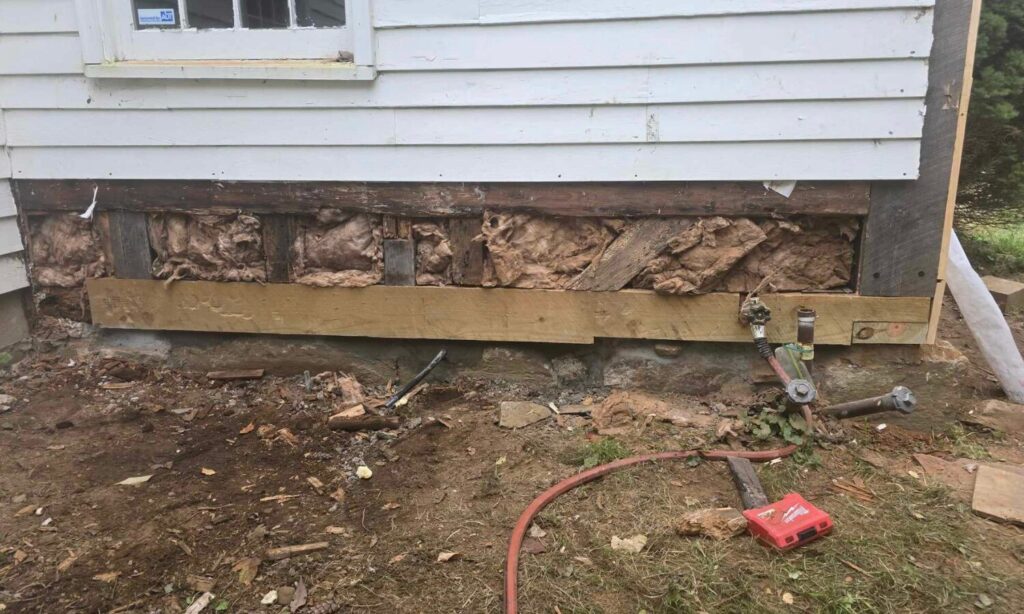
Next Steps to Scheduling a Structural Inspection
Let’s add your structural inspection to the calendar. Email Brad Green at info@cr1981.com to inquire about a structural inspection. To make the process easy for you, we created this email template aimed to address all your specifications:
Dear Brad,
I’m reaching out to inquire about scheduling a structural inspection for a [INSERT HOME TYPE] located in [TOWN/CITY/STATE]. The property is approximately [INSERT AGE OR YEAR BUILT, IF KNOWN] I’m interested in evaluating its structural integrity to better understand any necessary repairs, restoration needs, or preventative measures.
I am looking to book my inspection [INSERT TIME FRAME], please let me know if you need additional information about the property.
Sincerely,
[FULL NAME]
[PHONE NUMBER]
[PROPERTY ADDRESS OPTIONAL]
Final Thoughts
Purchasing an older home can be a daunting experience. The best way to protect your investment is to prioritize structural integrity through a comprehensive structural inspection. In Central Massachusetts, where colonial homes are abundant, knowing the bones of your house can prevent your dream home from being a nightmare.
If you’re unsure whether you need a structural inspection, it’s good to think about your home as if it were you. We all require regular check-ups from time to time to ensure everything is working properly. Your home, left unchecked, could face significant damage that will only grow over time.
If you have any doubts, that is always a good sign to get a second opinion on the structural integrity of your home before it’s too late. Contact Colonial Restorations if you have questions about how to schedule a structural inspection, or if you’re looking for structural restoration services in Central Massachusetts.
